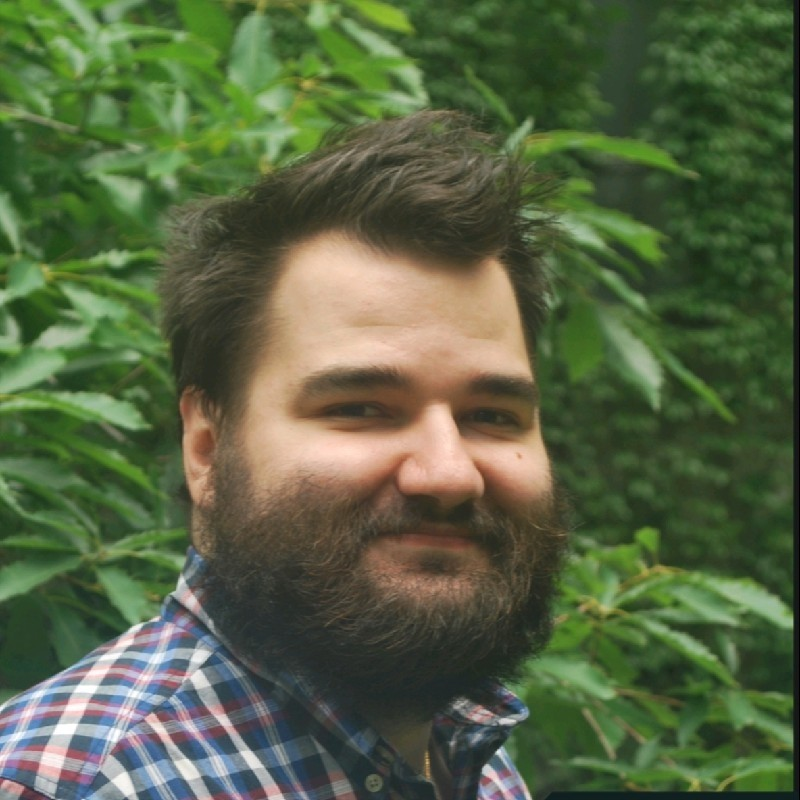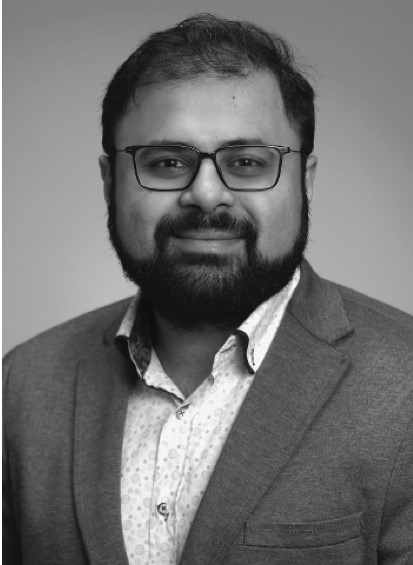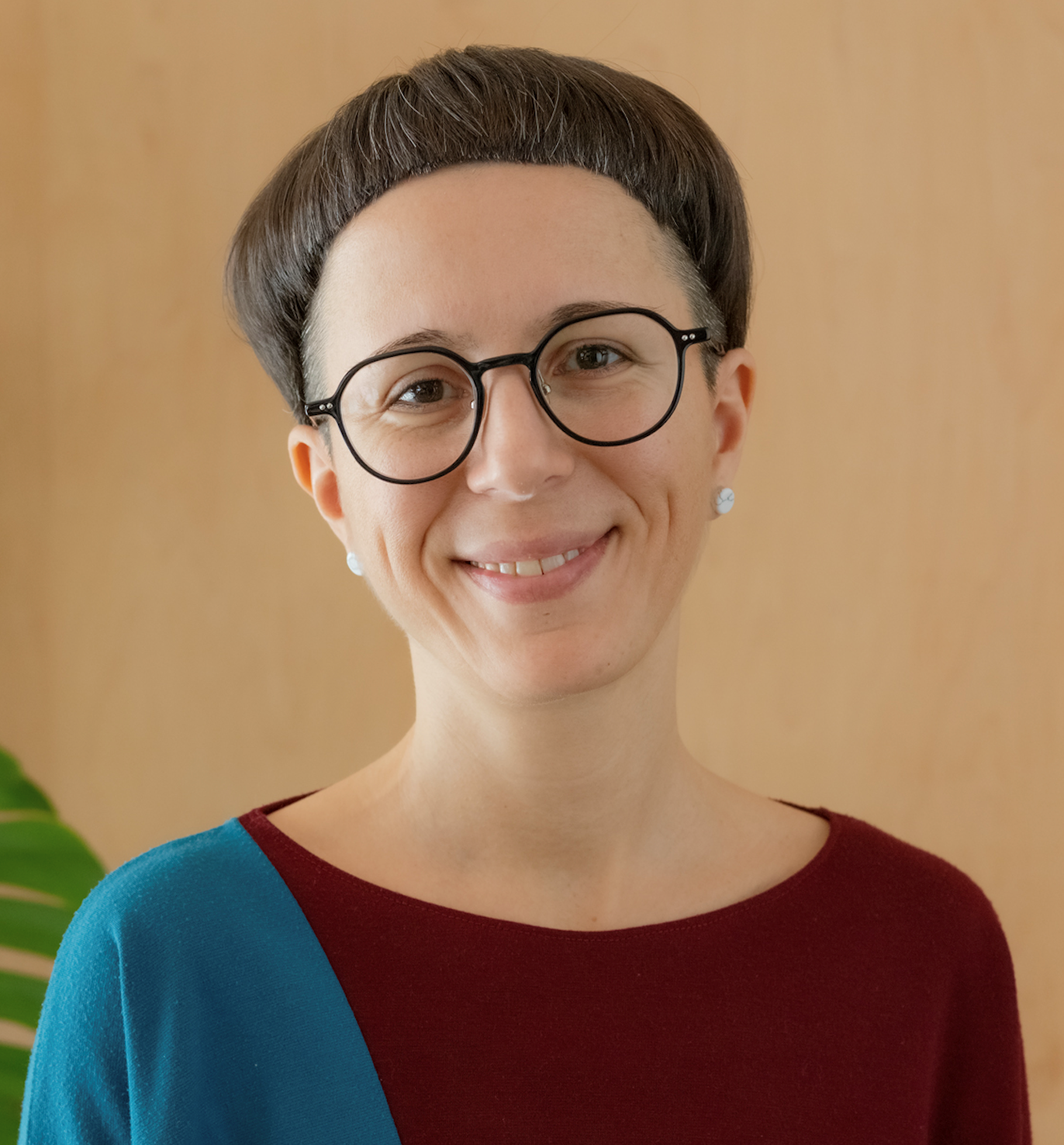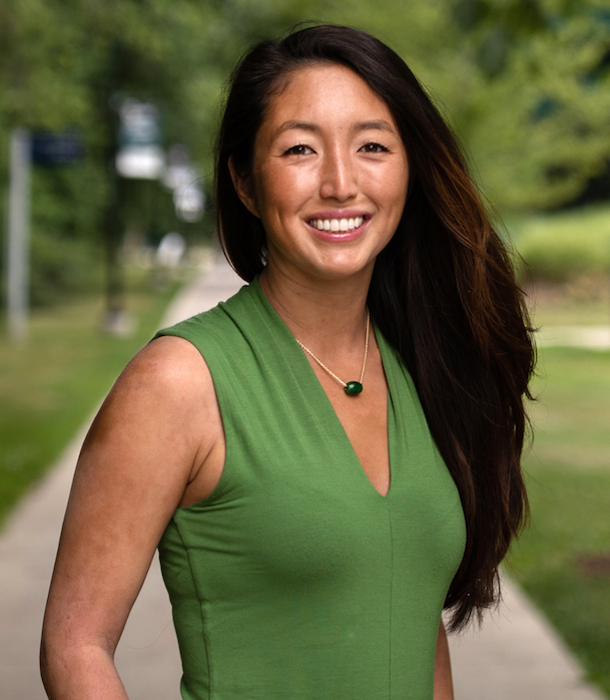
 |
 |
 |
 |
 |
 |
 |
2023 Award Winners
Congratulations to the four winners of the 2023 CNC-IUPAC Travel Awards:
Mihai Burai-Patrascu (he/him), Molecular Forecaster Inc.
 Dr. Burai-Patrascu obtained his B.Sc. in Chemistry from Jacobs University Bremen (Germany) in 2015, and his Ph.D. in Chemistry from McGill University (Canada) in 2020. Working in the group of Prof. Moitessier, Dr. Burai-Patrascu's Ph.D. focused on developing computational tools for organic and medicinal chemistry, with an emphasis on improving and expanding the drug discovery software platform Forecaster and creation of the Virtual Chemist platform for asymmetric catalysis. Dr. Burai-Patrascu's expertise lies in structure-based drug design (SBDD), computational medicinal chemistry, cheminformatics, and software development. His research interests include the application of machine learning methods to medicinal chemistry problems, small-molecule inhibitor design for diseases such as cancer, the development of antagonists binding to G-protein-coupled receptors and contributing to open science community-wide efforts such as the CACHE challenges. He will attend the 49th IUPAC World Chemistry Congress (The Hague, Netherlands, August 2023).
Dr. Burai-Patrascu obtained his B.Sc. in Chemistry from Jacobs University Bremen (Germany) in 2015, and his Ph.D. in Chemistry from McGill University (Canada) in 2020. Working in the group of Prof. Moitessier, Dr. Burai-Patrascu's Ph.D. focused on developing computational tools for organic and medicinal chemistry, with an emphasis on improving and expanding the drug discovery software platform Forecaster and creation of the Virtual Chemist platform for asymmetric catalysis. Dr. Burai-Patrascu's expertise lies in structure-based drug design (SBDD), computational medicinal chemistry, cheminformatics, and software development. His research interests include the application of machine learning methods to medicinal chemistry problems, small-molecule inhibitor design for diseases such as cancer, the development of antagonists binding to G-protein-coupled receptors and contributing to open science community-wide efforts such as the CACHE challenges. He will attend the 49th IUPAC World Chemistry Congress (The Hague, Netherlands, August 2023).
Saurabh Chitnis (he/him), Dalhousie University
 Saurabh Chitnis obtained his PhD from the University of Victoria (2015) as a Vanier Canada Graduate Scholar. He then performed postdoctoral research with Ian Manners at the University of Bristol as a Banting Fellow (2015-2017) and with Doug Stephan at the University of Toronto (2017-2018). He started his independent career at Dalhousie University in July 2018. Research in the Chitnis group studies the electronic structure, reactivity, and connectivity modes of main group elements to discover new catalysts and classes of inorganic materials. The group uses geometric perturbation of molecules using multidentate ligands as their key methodology. Besides sterics and electronics, such geometric tuning represents an attractive but understudied means of controlling chemistry. The group synthesize compounds whose shape - rather than their electron richness/poorness or steric bulk - imbue them with functional properties, and advances these towards applications with collaborators. Saurabh will use the CNC-IUPAC Travel award to attend the IUPAC World Chemistry Conference in Netherlands in 2023.
Saurabh Chitnis obtained his PhD from the University of Victoria (2015) as a Vanier Canada Graduate Scholar. He then performed postdoctoral research with Ian Manners at the University of Bristol as a Banting Fellow (2015-2017) and with Doug Stephan at the University of Toronto (2017-2018). He started his independent career at Dalhousie University in July 2018. Research in the Chitnis group studies the electronic structure, reactivity, and connectivity modes of main group elements to discover new catalysts and classes of inorganic materials. The group uses geometric perturbation of molecules using multidentate ligands as their key methodology. Besides sterics and electronics, such geometric tuning represents an attractive but understudied means of controlling chemistry. The group synthesize compounds whose shape - rather than their electron richness/poorness or steric bulk - imbue them with functional properties, and advances these towards applications with collaborators. Saurabh will use the CNC-IUPAC Travel award to attend the IUPAC World Chemistry Conference in Netherlands in 2023.
Zuzana Gajdosechova, National Research Council Canada
 Dr Zuzana Gajdosechova is a Research Officer with the Inorganic Chemical Metrology team at the National Research Council Canada (NRC). Zuzana received her PhD in Analytical and Environmental Chemistry from the University of Aberdeen (Scotland) in 2016, where she studied bioaccumulation and speciation of mercury in environmental and biological matrices. That same year, Zuzana joined NRC Canada as an ICP-MS expert and a lead analyst for mercury and arsenic speciation and certification in reference materials. Her current research focuses on consumers' safety through several investigative streams: i) arsenic speciation in food matrices - which aims to expand the range of available certified reference materials for toxic arsenic species and to develop new methods for arseno-lipids quantitation, ii) metal contaminants in cannabis vape products - focusing on identifying sources of metals contamination in order to improve the safety of these products, and iii) bio-accessibility of nanoparticles - investigating the behaviour of metal nanoparticles upon their intake through the gastro-intestinal tract. With the support of the CNC-IUPAC travel award, Zuzana will be attending European Winter Plasma Conference on Mass Spectrometry in January 2023.
Dr Zuzana Gajdosechova is a Research Officer with the Inorganic Chemical Metrology team at the National Research Council Canada (NRC). Zuzana received her PhD in Analytical and Environmental Chemistry from the University of Aberdeen (Scotland) in 2016, where she studied bioaccumulation and speciation of mercury in environmental and biological matrices. That same year, Zuzana joined NRC Canada as an ICP-MS expert and a lead analyst for mercury and arsenic speciation and certification in reference materials. Her current research focuses on consumers' safety through several investigative streams: i) arsenic speciation in food matrices - which aims to expand the range of available certified reference materials for toxic arsenic species and to develop new methods for arseno-lipids quantitation, ii) metal contaminants in cannabis vape products - focusing on identifying sources of metals contamination in order to improve the safety of these products, and iii) bio-accessibility of nanoparticles - investigating the behaviour of metal nanoparticles upon their intake through the gastro-intestinal tract. With the support of the CNC-IUPAC travel award, Zuzana will be attending European Winter Plasma Conference on Mass Spectrometry in January 2023.
Alana Ogata (she/her), University of Toronto
 Dr. Alana Ogata obtained her BSc degree at the College of William & Mary. Alana completed her PhD in 2018 from the University of California Irvine (UCI) where she studied polymer nanomaterials for electrochemical biosensors under Dr. Reginald Penner. She then did research on metal-organic frameworks using cryogenic transmission electron microscopy as a postdoctoral fellow at UCI with Dr. Joe Patterson. In 2019, Alana joined Dr. David Walt's lab at the Harvard Medical School / Brigham and Women's Hospital as a postdoctoral and conducted COVID-19 research developing ultrasensitive assays for SARs-CoV-2 antigens and studying adults, pediatric patients, and vaccinated participants. In 2021, Alana joined the Department of Chemistry / Chemical & Physical Sciences at the University of Toronto as an assistant professor in analytical chemistry. Alana's lab will develop bioanalytical technologies for protein quantification using bioinspired nanomaterials to pursue their vision of solving key challenges in disease diagnostics. Her research program interfaces analytical, materials, and clinical chemistry with a focus on bioinspired nanomaterials development, single-molecule bioanalytical sensors, and simple and rapid point-of-care biosensors. Dr. Ogata's long-term vision is to contribute to the transformation of women's health through the development of diagnostics for gynecological diseases. She will attend the 2023 IUPAC World Chemistry/CHAINS Conference taking place from Aug 18-23 in Netherlands.
Dr. Alana Ogata obtained her BSc degree at the College of William & Mary. Alana completed her PhD in 2018 from the University of California Irvine (UCI) where she studied polymer nanomaterials for electrochemical biosensors under Dr. Reginald Penner. She then did research on metal-organic frameworks using cryogenic transmission electron microscopy as a postdoctoral fellow at UCI with Dr. Joe Patterson. In 2019, Alana joined Dr. David Walt's lab at the Harvard Medical School / Brigham and Women's Hospital as a postdoctoral and conducted COVID-19 research developing ultrasensitive assays for SARs-CoV-2 antigens and studying adults, pediatric patients, and vaccinated participants. In 2021, Alana joined the Department of Chemistry / Chemical & Physical Sciences at the University of Toronto as an assistant professor in analytical chemistry. Alana's lab will develop bioanalytical technologies for protein quantification using bioinspired nanomaterials to pursue their vision of solving key challenges in disease diagnostics. Her research program interfaces analytical, materials, and clinical chemistry with a focus on bioinspired nanomaterials development, single-molecule bioanalytical sensors, and simple and rapid point-of-care biosensors. Dr. Ogata's long-term vision is to contribute to the transformation of women's health through the development of diagnostics for gynecological diseases. She will attend the 2023 IUPAC World Chemistry/CHAINS Conference taking place from Aug 18-23 in Netherlands.